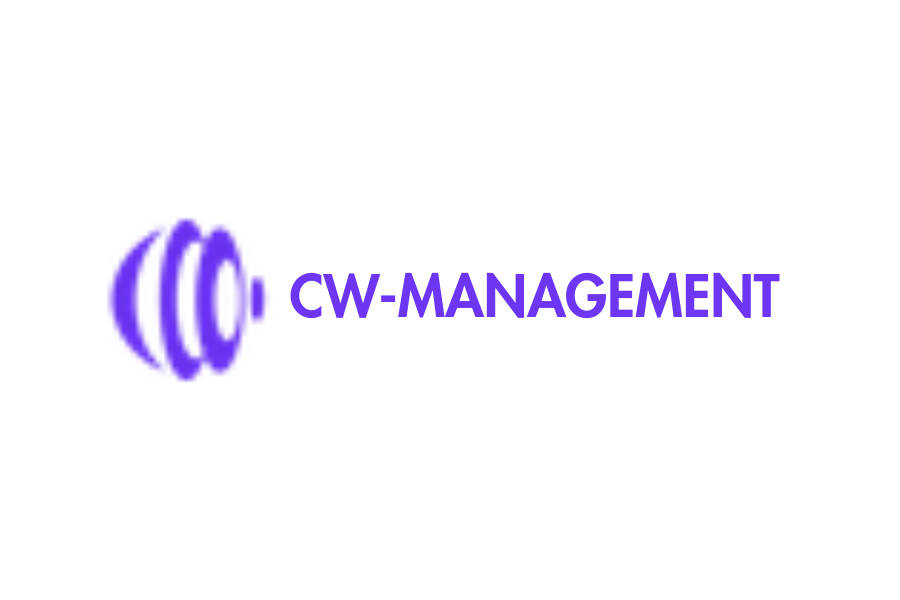French Courts Completes Blockchain Adoption
The France’s National Council of Clerks (NCC) has announced that it has finished road-testing a blockchain-based solution and is ready to roll across the country. The Council represents clerks of the commercial and corporate registry in 134 offices in France. These offices must rely on each other to share information as it comes in and make updates when a business lifecycle event warrants it.
The organization had resolved earlier to modernize and install new information technology that would yield what’s often called “the single version of the truth.” That is, official records exactly reflect the updated data that was recorded about a business in, say, Lyon. Such records track a company’s expansion, relocation, dissolution, and so on. Coordination across offices nationwide has been a challenge until now.
The initial goals of the program involved faster cycle times as well as data accuracy. Happily, in a pilot, the NCC was able to decrease the time to update the registry from several days for some complex cases to a single day. The NCC’s president Sophie Jonval explained:
“This project, which is the result of an autonomous initiative between clerks of commercial courts and IBM, is the continuation of our efforts to be pioneers in the adoption of innovative technologies, to strengthen the quality of the public service provided by the commercial justice system, dedicated to the expectations and requirements of today’s multipolar and interconnected economic world.”
IBM served as technology partner, providing its expertise in blockchain and cryptography to build the platform. The NCC solution runs on Hyperledger Fabric, an open-source Linux Foundation project.
Among other things, the blockchain-based solution will be used to record and share information related to exchanging regulatory information about companies’ challenges as well as changes in their status.
The NCC expects the solution’s full roll-out will take place in the first half of this year. The NCC further states that new system will ensure transparency and improve the dynamic of court clerks’ interactions.














